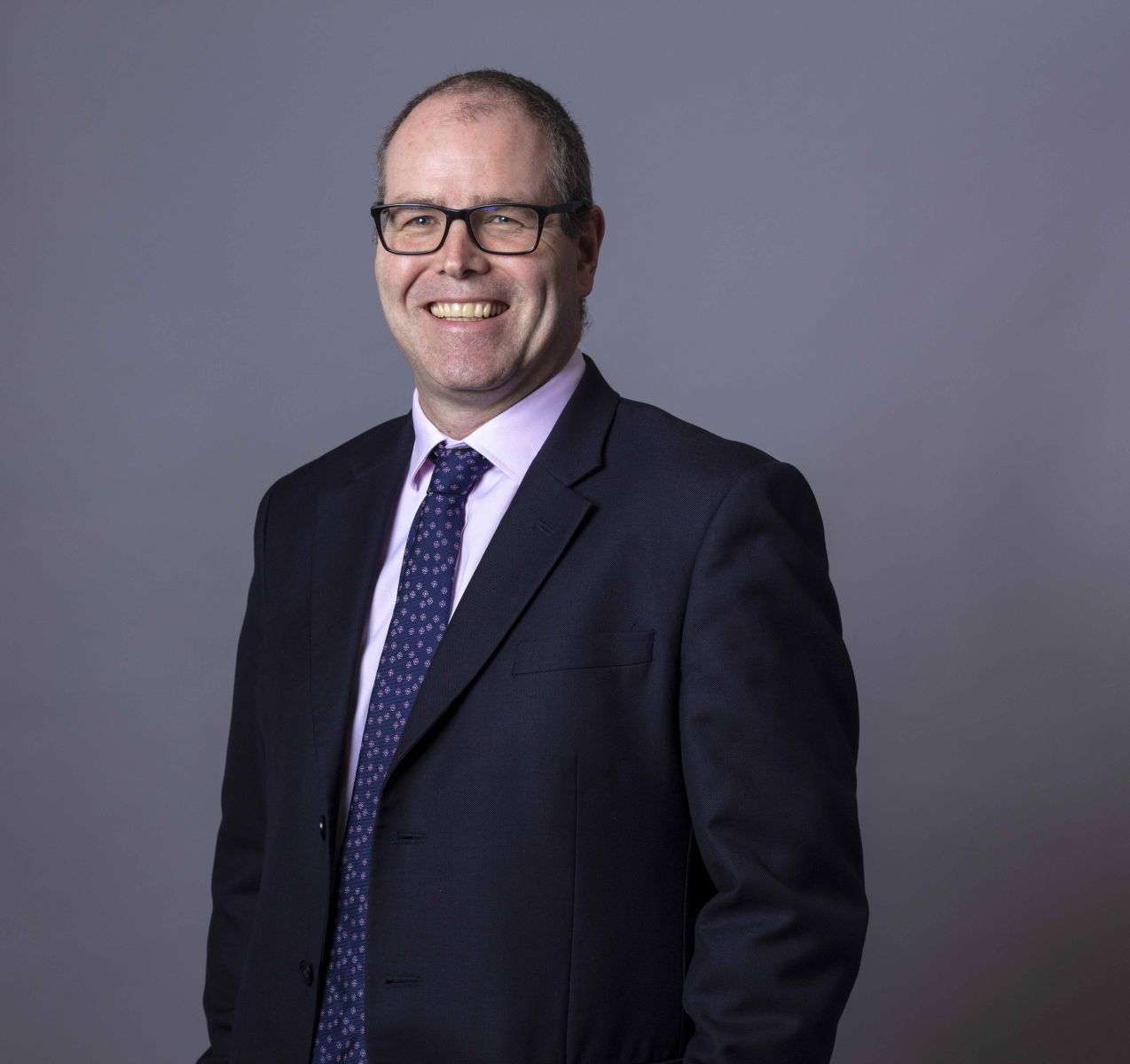ESG
EXCLUSIVE: Spotlight On Gravis New Net Zero Fund

With concerns rising about climate change and the critical need to produce food more sustainably, Ed Simpson at investment firm Gravis Capital discusses with this news service the upcoming launch of its new Net Zero Fund, designed to invest in a range of infrastructure assets that accelerate the transition to net zero.
Ed Simpson (pictured) at London-based Gravis Capital recently highlighted how significant investment in infrastructure is critical to enable countries to meet their net zero targets by 2050.
Gravis’s Luxembourg-domiciled Net Zero Fund, will invest in a range of infrastructure assets, focusing on five key themes to help accelerate the transition to net zero.
The fund’s target size is €500 million ($541 million); it is aimed at a 10 to 12 per cent internal rate of return (IRR) net with an early yield. The fund will be classified under Article 8 of the EU’s Sustainable Financial Disclosure Regulation (SFDR), with the first close scheduled for the second quarter of this year.
Themes include the energy transition, targeting assets that support decarbonising electricity and/or heat generation and use. One project involves constructing an anaerobic digestion plant, Simpson told this news service in an interview.
Another theme is transport, looking at investments that accelerate the transition to electric or green gas-fuelled transportation. Projects include a pipeline of electric vehicle charging points.
Sustainable food and agriculture
With the need to produce more food using fewer resources to feed
a growing population becoming critical, a third theme is
sustainable food production. This focuses on reducing emissions
from agriculture and land use through controlled environment food
production or changing agricultural practices.
“One project involves the construction of advanced glass houses, producing leafy greens hydroponically for the Irish market,” Simpson continued. Hydroponic farming involves growing plants in a nutrient-rich water solution rather than soil, offering advantages such as reduced water consumption, land usage, and pesticides.
Natural capital is another key theme for Gravis. Simpson has looked at sustainable forestry management to produce biochars which can be used to improve soil health and boost farmers' yields and a project in Spain to repurpose land used for wheat to grow avocados, which use less water.
London-headquartered Cibus Capital, which also concentrates on sustainable food and agriculture, recently announced the close of Cibus Fund II and Cibus Enterprise Fund II. “A big area for us is around robotics which is also about addressing the shortage of labour. With a declining birth rate, an ageing population and people not wanting to work on farms, it’s important to mitigate the labour risk,” Alastair Cooper, head of venture at Cibus Capital, told this news service.
“Another big area for us is natural capital, such as clean air, clean water, biodiversity. Our focus is to reward and preserve natural capital,” Cooper continued. “We see this as an investment opportunity and we have some investments in our current funds.”
Cooper has acquired a majority stake in a Dutch farming robotics provider ISO Group. Based in the Netherlands, ISO designs and develops robotics solutions for indoor vegetable and flower growers. He is also invested in AeroFarms, an indoor vertical farming company, which enables crops to be grown all year round, using LED lighting. “It uses up to 95 per cent less water than conventional agriculture,” Cooper said.
SLM Partners, an international $760 million natural real assets manager with 100 per cent of land under or in transition to regenerative management, has also just launched the new SLM Silva Fund II, a €200 million ($210 million) fund to invest in sustainable forestry and carbon in Europe.
Another key theme for the Gravis fund is resource use, targeting projects that cut the use of carbon-intensive natural resources through increased efficiency, recycling and the promotion of the circular economy. “One project focuses on miscanthus-based sustainable packaging, worth about €35 to €60 million,” Simpson said.
In light of population pressures, wars, supply chain disruptions and the impact of new technologies shaking up the space, this news service is continuing to cover agriculture, forestry, food production and related businesses.